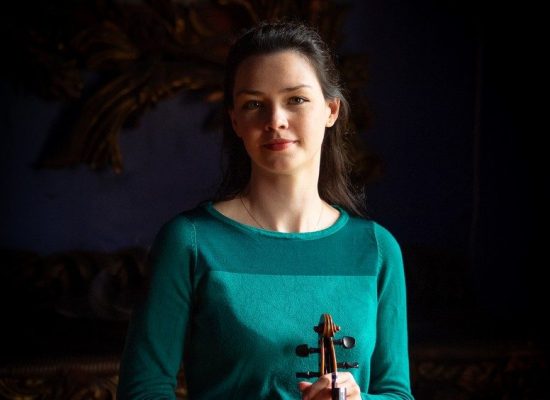53. Main Evening Concert
The poet Baudelaire’s dictum that inspiration is undoubtedly the sister of daily labour must surely apply to Ravel’s Violin Sonata. It took him four years to write and when it was finally premiered by Enescu, he decided the Finale was not ambitious enough and he replaced it with the Perpetuum mobile that we know so well. He started out with the idea that it was time to get back to the monumental tradition of Beethoven and Brahms, but with the ideas of 1925. This meant a strong infusion of jazz and a slow movement provocatively called Blues and intended (and succeeding) to cause outrage. Nowadays it is a much-loved treasure. Wind Quintets are often commissioned by Quintets looking for a new work that is really demanding to play. On this work Francaix wrote: 'I am by nature a peaceable sort of person, but while composing I make great efforts to give as malevolent an impression as possible. And I seem to have succeeded!' The malevolence is perhaps only towards the difficulty for the players and not for the audience, because the piece is characteristically light, vibrant and witty, fulfilling Francaix’ avowed intention to ‘give pleasure’. For once the nickname for Beethoven’s Ghost Trio is entirely apposite as the ghostly shudders that open the slow movement are taken from drafts for the Witches scene in a projected opera on Macbeth and something of the Weird Sisters’ incantations survive into the Finale. However the exuberance of the opening Allegro bears no relation to Shakespearean ghosts, sounding more like a celebration of all his achievements that year
